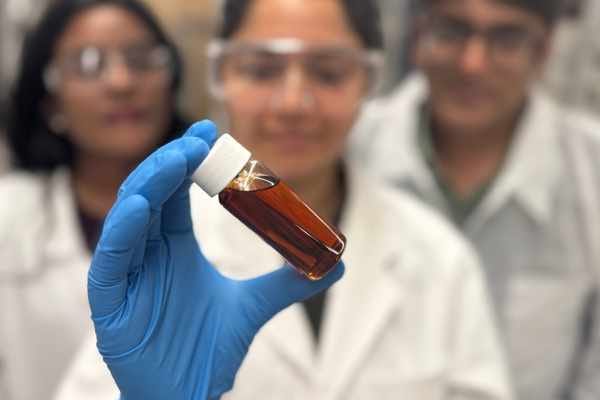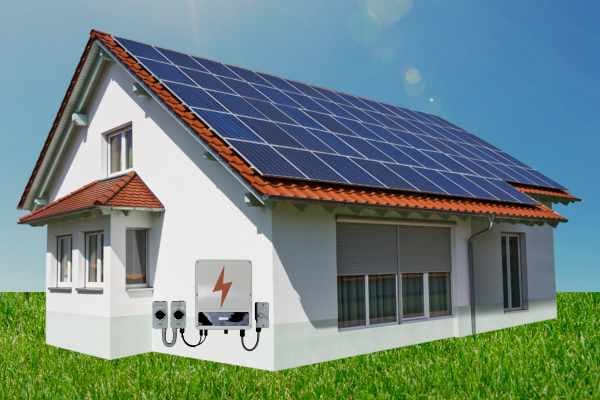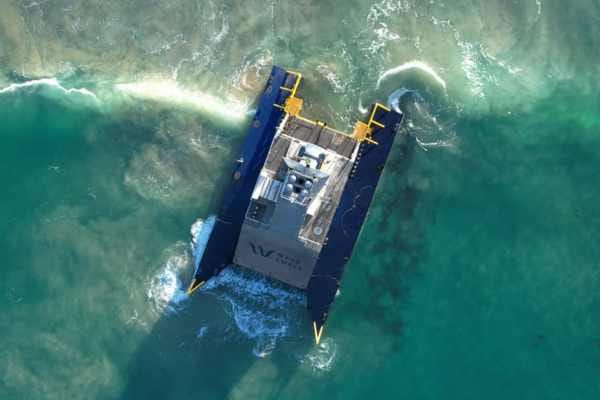The PFAS-buster that makes biochar
Australian-developed technology is being used to transform sewage into carbon-rich industrial products.

An Australian innovation is turning wastewater sludge into a clean, sustainable ingredient for industrial bio-oil.
The Pyroco technology, developed by researchers at RMIT University, uses high temperatures in an oxygen-free environment to convert biosolids (aka treated sewage) into a carbon-rich material called biochar, destroying toxic contaminants in the process.
This biochar can act as a cost-effective catalyst in producing bio-oils rich in phenol, a key ingredient in chemicals used in automotive, electronics, and construction industries, researchers say.
Recent studies led by RMIT found that biochar derived from biosolids was just as effective as expensive commercial catalysts in extracting oil from plants like Willow Peppermint. According to the research, these bio-oils contained phenolics at a high concentration of 69% and hydrocarbons at 14%.
“This discovery shows that biochar from biosolids, produced using advanced pyrolysis technology such as Pyroco, offers a sustainable way to reduce carbon dioxide emissions by replacing high-emission products,” the research team said.
"We’re tackling a national challenge by harnessing cutting-edge technology with the potential to destroy 99.99% of PFAS in biosolids."
The technology also addresses a mounting challenge in the wastewater industry: the safe disposal of PFAS-contaminated biosolids. PFAS – sometimes referred to as "forever chemicals”– are persistent environmental toxins. The researchers said Pyroco demonstrated its ability to eliminate 99.99% of PFAS from biosolids during trials.
Professor Kalpit Shah of RMIT, who is leading the project, said the technology was now near commercial readiness. “Our upcoming project aligns with the Global Waste Management Policy and Australia’s National Waste Policy Action Plan. Our goal is to prevent PFAS-contaminated biosolids from being disposed of in landfill by converting them into PFAS-free biochar, for its diverse applications,” he said.
With $6 million in government and industry support secured, a full-scale demonstration plant is set to be built next year at a South East Water facility in Victoria.
South East Water managing director Lara Olsen, said: “We’re tackling a national challenge by harnessing cutting-edge technology with the potential to destroy 99.99% of PFAS in biosolids.”
The project is being driven by RMIT in partnership with Aqua Metro, South East Water and its commercial arm Iota, and other Australian water authorities.
Pyroco was developed to treat sewage sludge (biosolids) at high temperatures in the absence of oxygen in a process called pyrolosis. This transforms waste into carbon-rich biochar and captures volatile compounds to produce phenol-rich bio-oils. The tech was developed in partnership with South East Water, Intelligent Water Networks and Greater Western Water and shas evolved through three generations of pilot units. Researchers say trials of the second-generation unit (Mark-2) at Melton Recycled Water Plant demonstrated its capacity to destroy pathogens, PFAS and microplastics. A third-generation commercial-scale unit is now in development.





